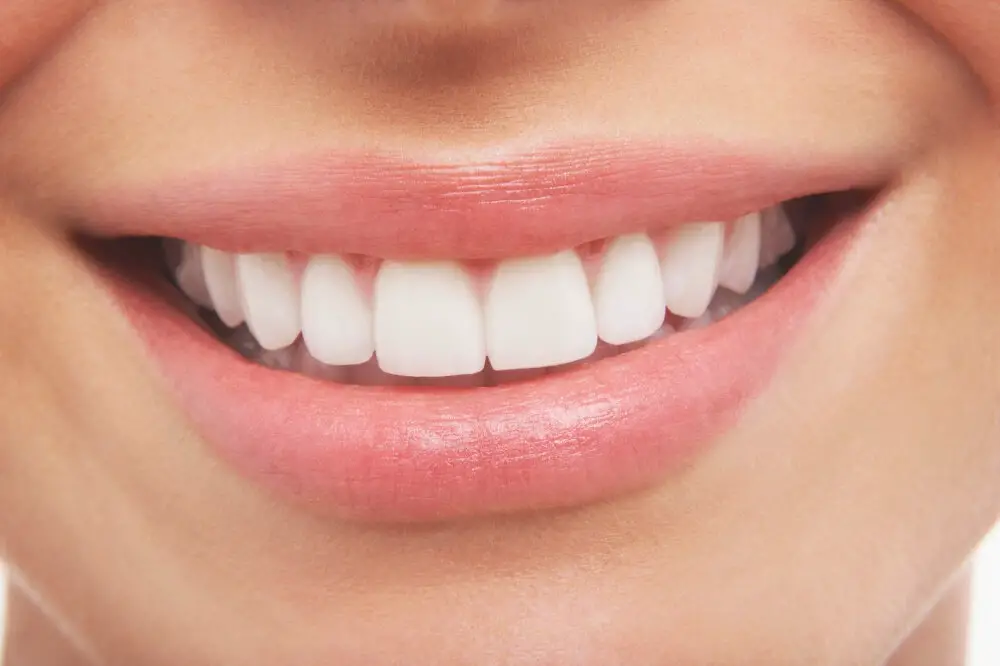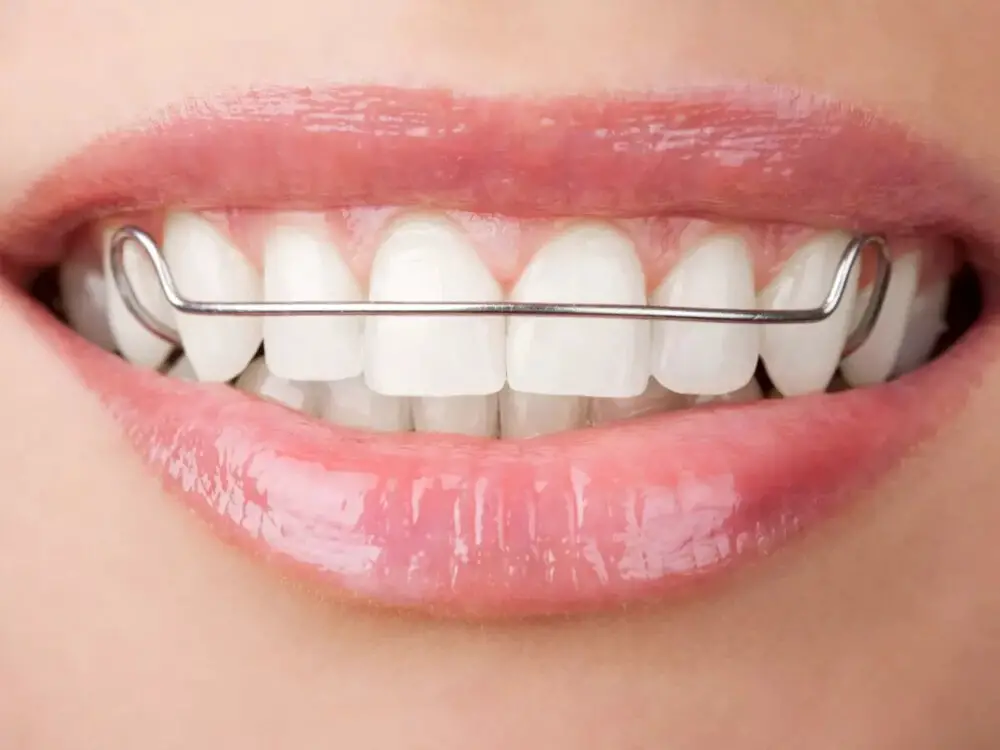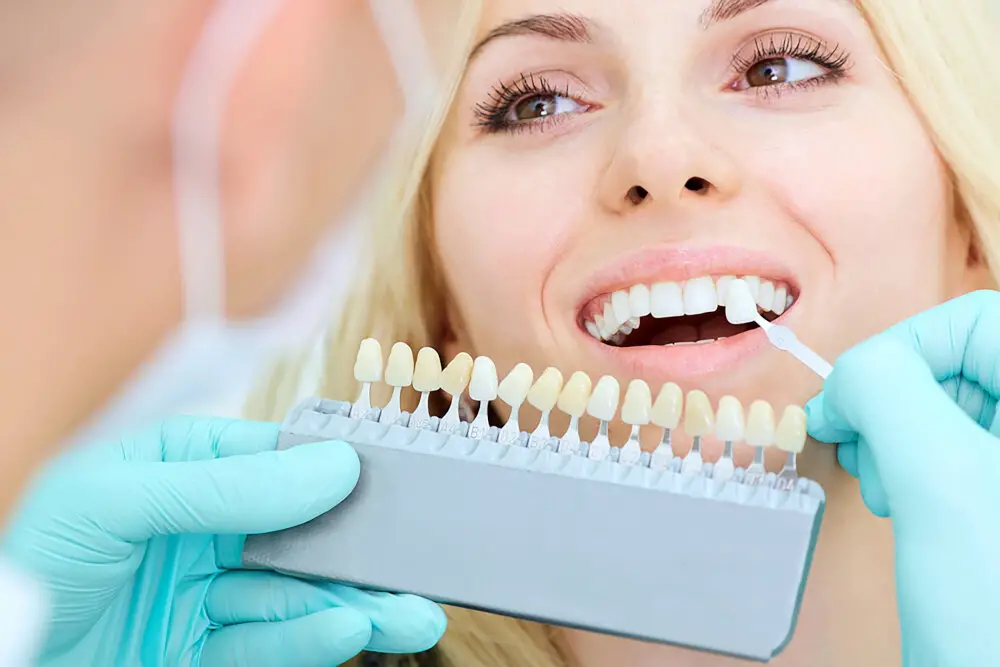Why Am I Seeing Blood When Brushing Teeth? Understanding the Causes and Solutions for PainFree Oral Health

Oral health is an essential aspect of our overall well-being, and it is vital to maintain good oral hygiene to prevent various dental issues. However, even with regular brushing and flossing, some individuals may experience bleeding gums while brushing their teeth. Seeing blood while brushing can be alarming and may cause concern, but it is a common problem that affects many people. Understanding the causes and solutions for pain-free oral health can help individuals take the necessary steps to prevent further damage and maintain good oral hygiene. One of the most common reasons for bleeding gums while brushing is gum disease. Gum disease is an infection caused by bacteria that attack the gums and bone supporting the teeth. When gum disease progresses, it causes inflammation, leading to bleeding gums. Poor oral hygiene, smoking, diabetes, and certain medications can also increase the risk of developing gum disease. If left untreated, gum disease can lead to tooth loss and other serious health issues. Therefore, it is crucial to seek professional dental care if you are experiencing bleeding gums while brushing.
Oral health is an essential part of overall well-being and a significant indicator of an individual’s quality of life. Brushing teeth regularly is a crucial aspect of maintaining good oral hygiene and preventing dental issues such as cavities and gum disease. Bleeding while brushing teeth is a common oral problem that can be caused due to various reasons, including gum disease, brushing too hard, or using the wrong toothbrush. Ignoring bleeding gums while brushing teeth can lead to severe dental problems, including tooth loss, gum recession, and bone loss. Therefore, it is essential to address this issue by consulting a dentist and taking proactive measures to prevent bleeding while brushing teeth, such as using a soft-bristled toothbrush, flossing daily, and maintaining a healthy diet.
Causes of Bleeding While Brushing Teeth

Bleeding while brushing teeth is a common problem faced by many people. The most common cause of this problem is gum disease. Gum disease is caused by the buildup of plaque on teeth, which leads to inflammation of the gums. When the gums are inflamed, they become more susceptible to bleeding. This is because the blood vessels in the gums become more fragile and can easily rupture. If left untreated, gum disease can lead to more serious problems such as tooth loss and bone loss. Another common cause of bleeding while brushing teeth is brushing too hard. When you brush your teeth too hard, you can damage the delicate tissues in your mouth, including your gums. This can cause bleeding and make your gums more susceptible to infections. It’s important to use a soft-bristled toothbrush and to brush gently to avoid causing damage to your gums. Additionally, using a mouthwash can also help to reduce inflammation and bleeding in your gums. If you experience bleeding while brushing your teeth, it’s important to see a dentist to determine the underlying cause and to receive appropriate treatment.
Bleeding while brushing teeth can be caused by several factors, such as gum disease, brushing too hard, medication, and underlying health conditions. Gum disease, also known as periodontal disease, is a common cause of bleeding gums and is caused by bacteria buildup in the mouth. Brushing too hard can also lead to bleeding gums as it can damage the delicate tissues around the teeth. Some medications, such as blood thinners, can increase the risk of bleeding gums. Underlying health conditions such as leukemia, vitamin deficiencies, and hormonal changes during pregnancy can also cause bleeding gums. To prevent bleeding while brushing teeth, it is important to maintain good oral hygiene habits, use a soft-bristled toothbrush, and visit a dentist regularly for check-ups and cleanings.
Signs and Symptoms of Gum Disease

Gum disease is a common oral health concern that can cause discomfort and pain if left untreated. One of the most common signs of gum disease is bleeding gums, which can occur when brushing or flossing. Other symptoms of gum disease can include red or swollen gums, bad breath, and sensitivity to hot or cold foods. If left untreated, gum disease can lead to more severe issues such as tooth loss and bone damage. It is important to visit a dentist regularly and practice good oral hygiene to prevent and manage gum disease. In addition to the physical symptoms of gum disease, there can also be emotional and social effects. People with gum disease may feel embarrassed about their oral health and avoid social situations or smiling in public. This can lead to a decrease in self-confidence and quality of life. It is important to address gum disease as soon as possible to prevent further damage and improve overall oral health and well-being. By practicing good oral hygiene and seeking professional dental care, individuals can maintain healthy gums and teeth for a lifetime.
Gum disease, also known as periodontal disease, is a bacterial infection that affects the tissues surrounding and supporting the teeth. It starts with the buildup of plaque and tartar on the teeth, which can lead to inflammation and bleeding of the gums. Inflamed gums may appear red, swollen, and sensitive to touch, and they may also recede from the teeth. As the disease progresses, the gums may start to pull away from the teeth, creating pockets where bacteria can thrive. This can cause bad breath, as well as tooth decay and eventual tooth loss if left untreated. Regular brushing, flossing, and dental cleanings can help prevent gum disease and its associated symptoms.
Solutions for PainFree Oral Health

Oral health is an integral part of our overall well-being, and it is essential to maintain it for a healthy and happy life. However, many people often suffer from pain and discomfort in their oral cavity, which can make it challenging to perform regular activities such as eating, talking, or even smiling. One of the most common issues that people face is bleeding gums when brushing their teeth. This condition can be caused by a variety of factors, including poor oral hygiene, gum disease, hormonal changes, and certain medications. However, there are several solutions for pain-free oral health that can help alleviate these symptoms and improve overall oral health. The first step in maintaining pain-free oral health is to practice good oral hygiene. Regular brushing and flossing can help remove plaque and bacteria from the teeth and gums, preventing the buildup of harmful microorganisms that can cause bleeding and inflammation. Additionally, using an antibacterial mouthwash can help kill bacteria and freshen breath. Another important solution for pain-free oral health is to maintain a healthy diet and lifestyle. Eating a balanced diet with plenty of fruits, vegetables, and lean proteins can provide essential nutrients that promote healthy teeth and gums. Reducing or eliminating sugary and acidic foods and drinks can also help prevent tooth decay and gum disease. Moreover, avoiding smoking and excessive alcohol consumption can reduce the risk of oral cancer and other health problems.
Bleeding while brushing teeth is a common issue that many people face, and it can be caused by various factors such as gum disease, harsh brushing, or lack of oral hygiene. To prevent bleeding while brushing teeth, there are several solutions that one can adopt. Firstly, using a soft-bristled toothbrush can help prevent gum irritation and bleeding. Secondly, flossing regularly can help remove any food particles and bacteria that may be stuck between the teeth and gums, preventing inflammation and bleeding. Additionally, using mouthwash can reduce plaque buildup and promote healthy gums. Lastly, visiting the dentist regularly for check-ups and cleanings can help identify any potential issues early on and prevent bleeding and other oral health problems. By adopting these solutions, one can maintain pain-free oral health and avoid bleeding while brushing teeth.
When to Seek Professional Help

When it comes to oral health, it is crucial to know when to seek professional help. If you notice blood when brushing your teeth, this can be a sign of gum disease. Gum disease is a common condition that affects many people. It occurs when the gums become inflamed, leading to bleeding, swelling, and pain. If left untreated, gum disease can lead to tooth loss, so it is essential to seek professional help as soon as possible. A dentist can help diagnose the condition and provide treatment options to prevent further damage to your oral health. Additionally, if you are experiencing pain when brushing your teeth, this can also be a sign that you need professional help. Pain when brushing can be caused by many factors, including cavities, gum disease, or even a cracked tooth. In some cases, the pain may be due to an underlying medical condition, such as temporomandibular joint disorder (TMJ). A dentist can help diagnose the cause of the pain and provide treatment options to alleviate the discomfort. In any case, if you are experiencing pain when brushing your teeth, it is best to seek professional help as soon as possible to avoid further damage or complications.
If you experience bleeding while brushing your teeth, it is essential to seek professional help. This symptom can be an indicator of gum disease, which can lead to tooth loss and other health complications if left untreated. During a dental checkup, the dentist will examine your gums and teeth, looking for signs of inflammation, bleeding, and plaque buildup. If gum disease is detected, the dentist will recommend a treatment plan that may include deep cleaning, antibiotics, or surgery. It is crucial to follow the recommended treatment plan and practice good oral hygiene habits to maintain healthy gums and prevent further complications. Seeking professional help early can prevent serious oral health problems and improve overall well-being.
Maintaining oral health is crucial for overall well-being, as poor oral hygiene can lead to various health complications. Brushing teeth twice a day, flossing, and using mouthwash can help prevent plaque buildup and gum disease. However, if bleeding occurs while brushing teeth, it is essential to seek professional help as it may indicate underlying issues such as gingivitis or periodontitis. Ignoring the bleeding can lead to further damage to the gums and teeth, and potentially even tooth loss. Seeking the advice of a dental professional can help identify the root cause of the bleeding and provide the appropriate treatment to prevent further complications. Therefore, taking care of oral health and seeking timely professional help can help prevent serious health issues and ensure pain-free oral health.
Conclusion

In conclusion, seeing blood while brushing teeth is not something to be ignored or taken lightly, as it may be an indicator of an underlying oral health issue. The causes of bleeding gums vary from poor oral hygiene to certain medical conditions, such as gingivitis or periodontitis. However, there are several solutions to this problem, including improving your dental hygiene routine, using a soft-bristled toothbrush, and visiting your dentist regularly. By taking care of your oral health, you can prevent pain and discomfort, and maintain a healthy and beautiful smile.







